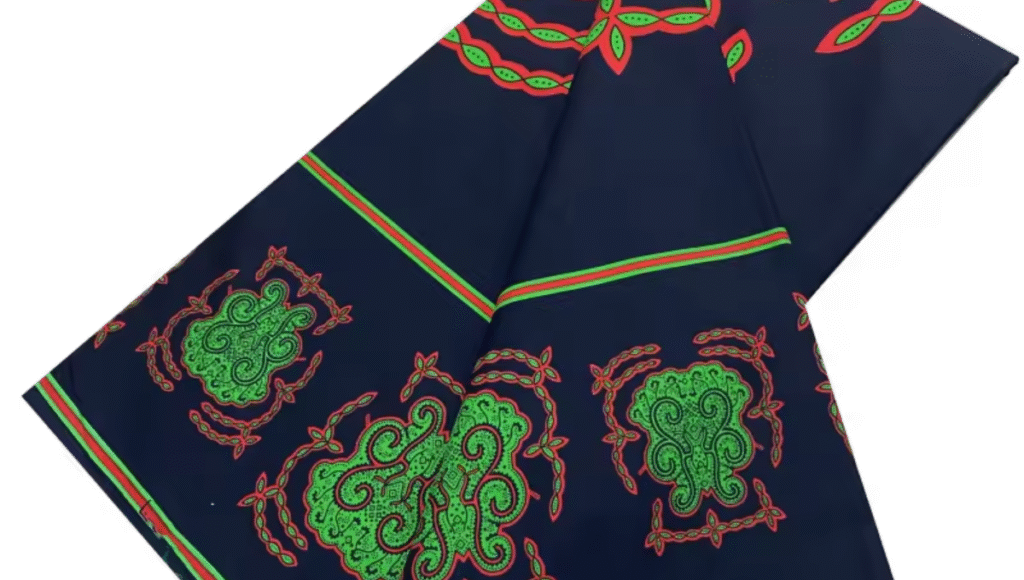
Introduction
Africa is a continent that boasts of culture, resources and other products which have made it popular around the globe. Ranged between handcrafted products and natural cosmetics, African Imports Wholesale have a wide choice of products which are also favorable in the international market. There is an opportunity to buy wholesale African products as it is a chance to find genuine goods at a very good price and support African artists and businessmen.
Popular African Wholesale Imports
Among the types of the imports available wholesale in Africa are fashion, home furniture, beauty products, and food. Among the products that are in demand are:
1. African Textiles and Fabrics
- Ankara (African Wax Prints): Vibrant, colorful fabrics used in fashion and décor.
- Kente Cloth: A traditional Ghanaian fabric with symbolic patterns.
- Mud Cloth (Bògòlanfini): A Malian handmade cotton fabric with cultural significance.
2. Natural Beauty Products
- Carving Of Wood: Masks, busts and furniture from places like Kenya and Nigeria.
- Maasai Beads Jewelry: From Kenya and Tanzania, Beaded Jewelry
- Baskets and Pottery: Rwanda and Zimbabwe Handwoven baskets.
3. African Foods and Spices
- Caffeinated drinks: Ethiopian coffee and South African rooibos tea.
- Spices: Nigeria suya spice, Morocco ras el hanout.
- Superfoods: Baobab powder, moringa and hibiscus.
The products are highly demanded because of their originality, cultural background, and nature.
Benefits of Importing African Goods Wholesale
Wholesale importing of African products has many benefits to businesses:
1. Unique and High-Demand Products
The world markets are keen to acquire African goods because of their cultural richness and craftsmanship, which attract such niche customers.
2. Competitive Pricing
The cost to the business can be reduced since direct sourcing is much cheaper than use of middlemen and this maximises profits.
3. Supporting Ethical Trade
Fair trade practices have a positive impact on the economy of many African countries, helping to develop fair trade practices that stabilize many African artisans as well as small businesses.
4. Growing Market Trends
There are opportunities because the demand for Afrocentric fashion, natural beauty products and ethnic decorations is increasing globally.
Challenges in African Imports Wholesale
With its advantages, there are certain impediments that come with the importation of African goods:
1. Logistics and Shipping Costs
The infrastructure within Africa may also complicate shipping, which means delays and costly freight costs.
2. Quality Control
Vetting of the suppliers and inspections are the processes that are mandatory in ensuring that the quality of the products is also uniform.
3. Customs and Import Regulations
Import laws, tariffs and paperwork are different in various countries.
4. Payment and Currency Risks
The possibilities of financial risk include fluctuating exchange rates and payment security in terms of foreign suppliers.
How to Source African Wholesale Imports
To successfully import African goods, follow these steps:
1. Identify Reliable Suppliers
- Trade Fairs: Attend African trade expos like Cairo International Fair or AGOA Forum.
- Online Marketplaces: Platforms like Afro Imports, TradeKey, and Alibaba connect buyers with African sellers.
- Direct Sourcing: Partner with cooperatives and artisan groups in countries like Ghana, Nigeria, and Kenya.
2. Verify Supplier Credibility
- Request samples before bulk orders.
- Check certifications (Fair Trade, organic, etc.).
- Read reviews and testimonials.
3. Negotiate Pricing and MOQs
- Speak about bulk discounts and minimum order quantities (MOQs).
- Clarify shipping terms (FOB, CIF, etc.).
4. Arrange Shipping and Logistics
- Make use of logistic services providers who have experience in the African trade.
- Use air transport to transport goods of high value and sea transport to transport large goods.
5. Handle Customs Clearance
- Find out about research import duties and taxes in your country.
- Make sure to document (commercial invoice, packing list, certificates).
Tips for Successful African Imports Business
In order to get the maximum profit and reduce risks:
1. Start Small
Do the small orders first to test the market then scale.
2. Build Strong Supplier Relationships
The relationships are long-term, which provides more favorable terms and trust.
3. Market Effectively
- Put the cultural narrative of the products into focus.
- Make sales through social media, e-commerce, and the local markets.
4. Stay Updated on Trends
Track the world in terms of the fashion, beauty, and food trends in Africa.
Conclusion
The challenge to be met and taken by any business is the diversification of the stock on a wholesale basis in the African wholesale imports sector. Although there are problems such as logistics and quality control, adequate sourcing strategies and supplier relationships will yield a successful importation business.
